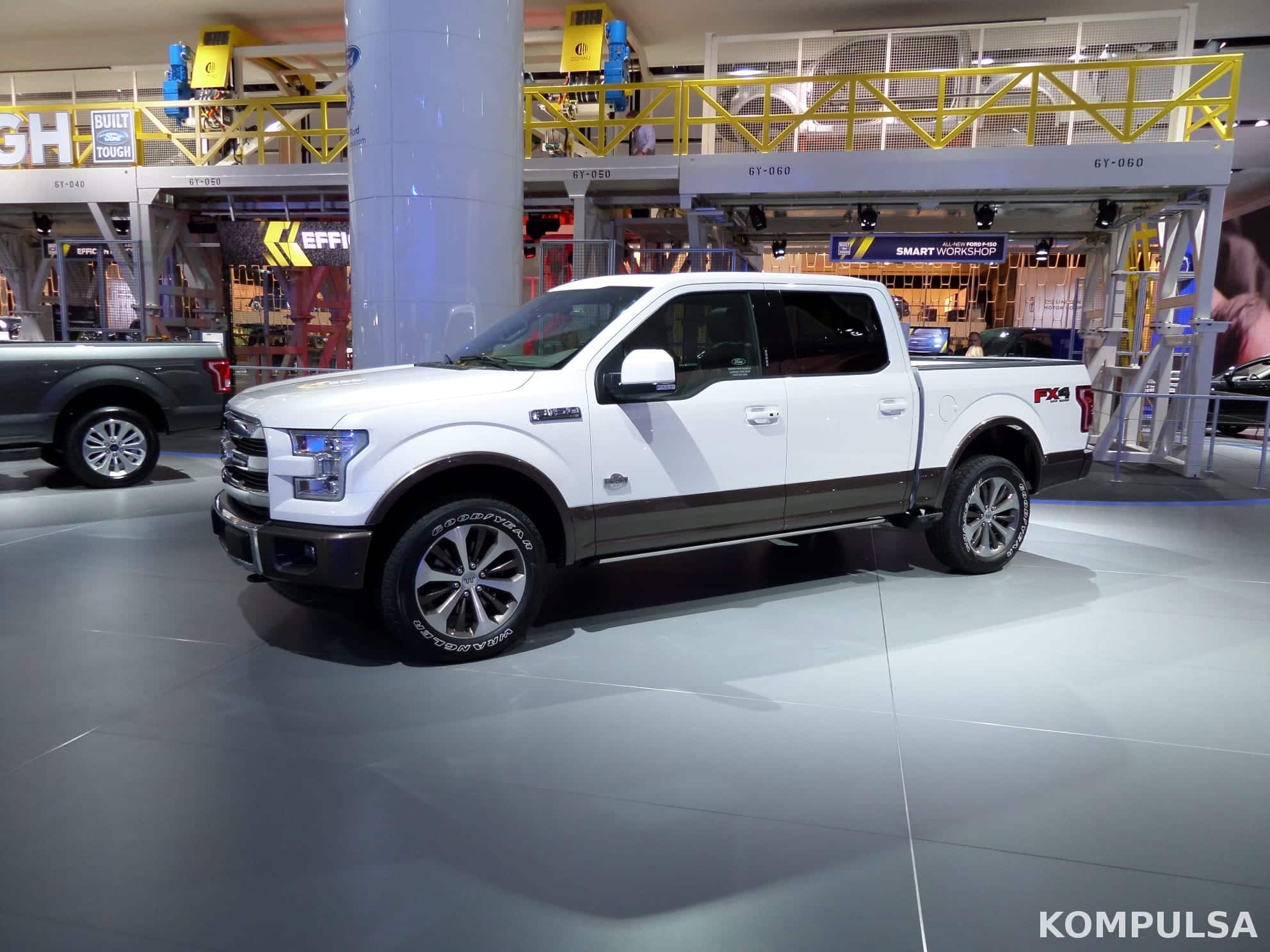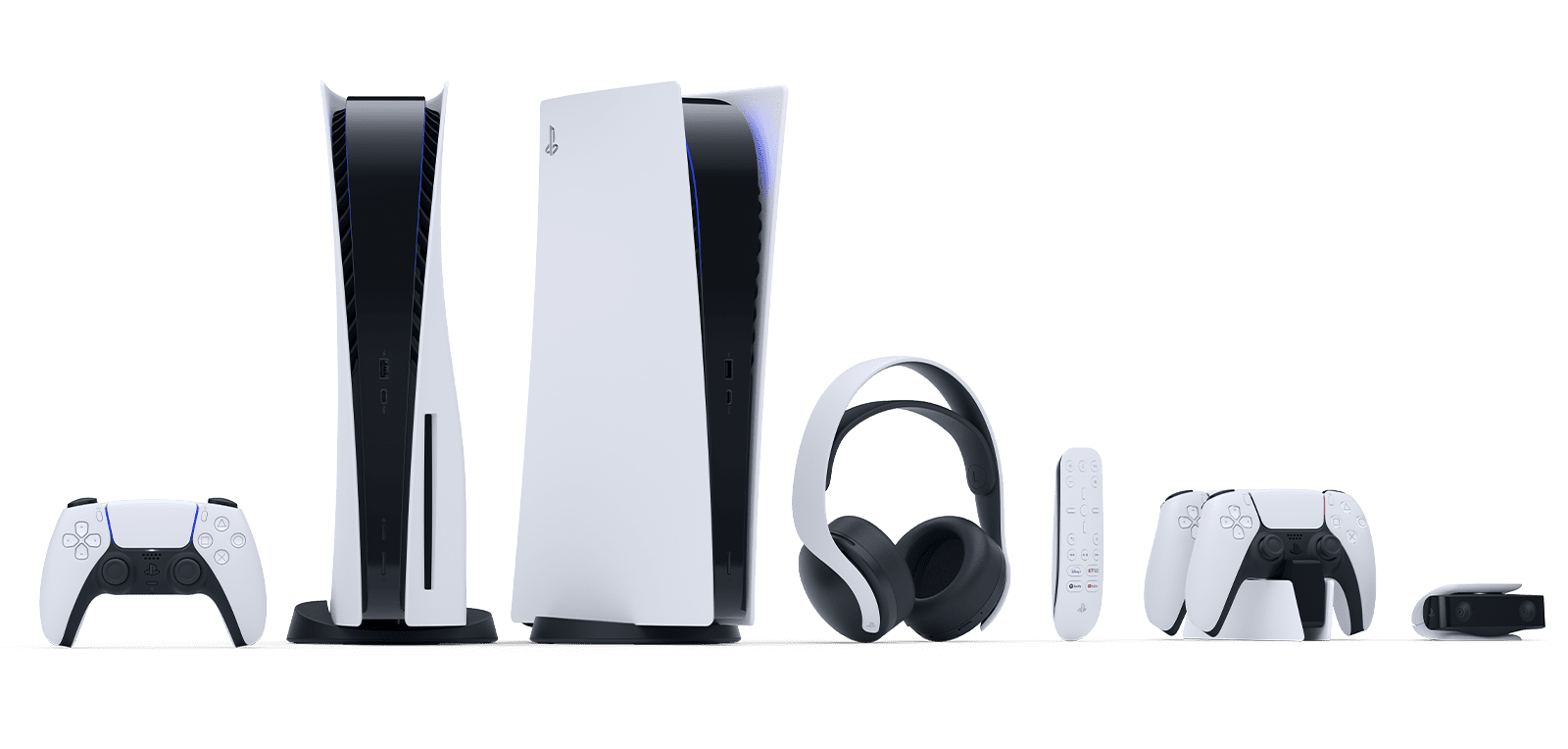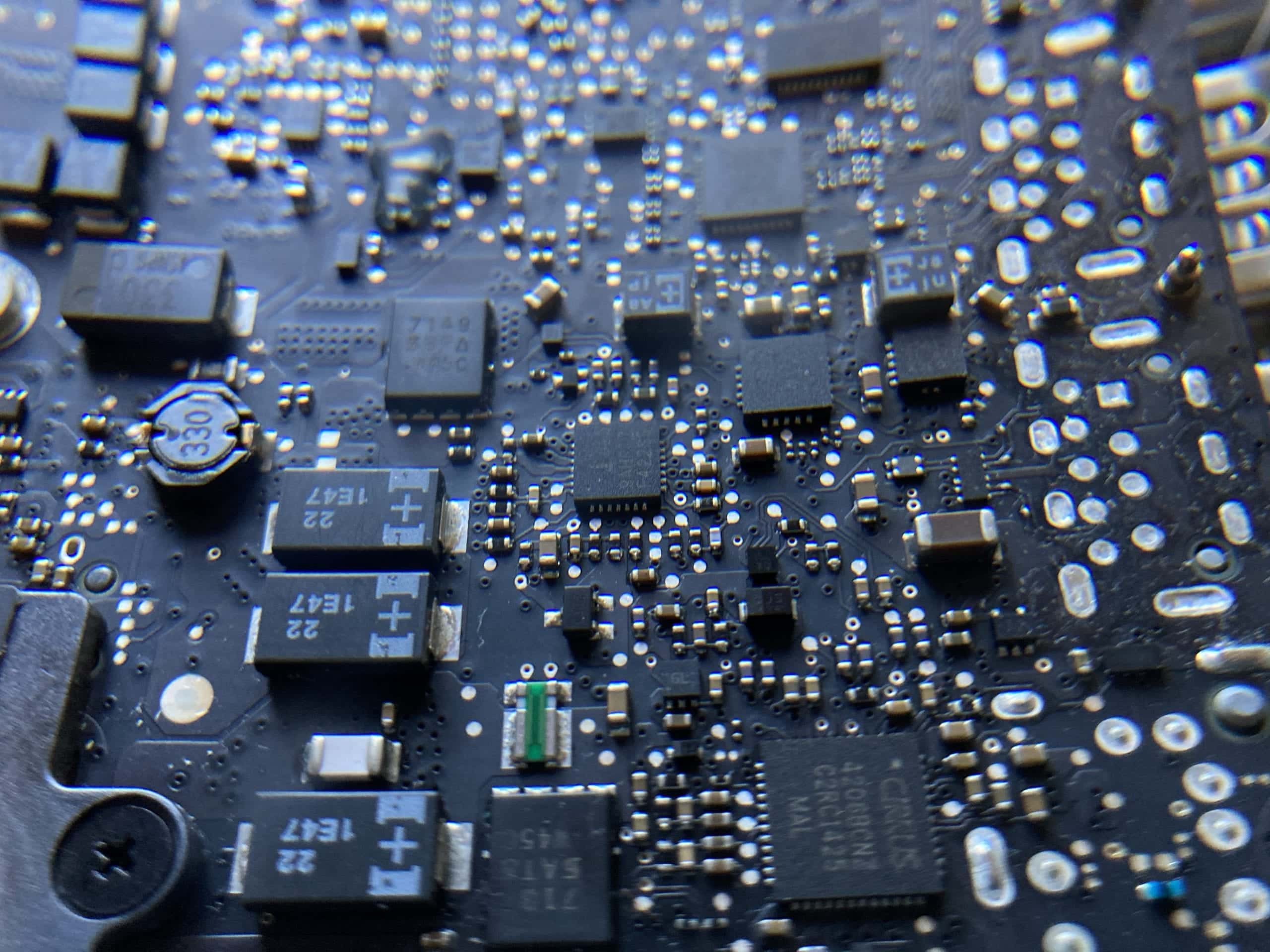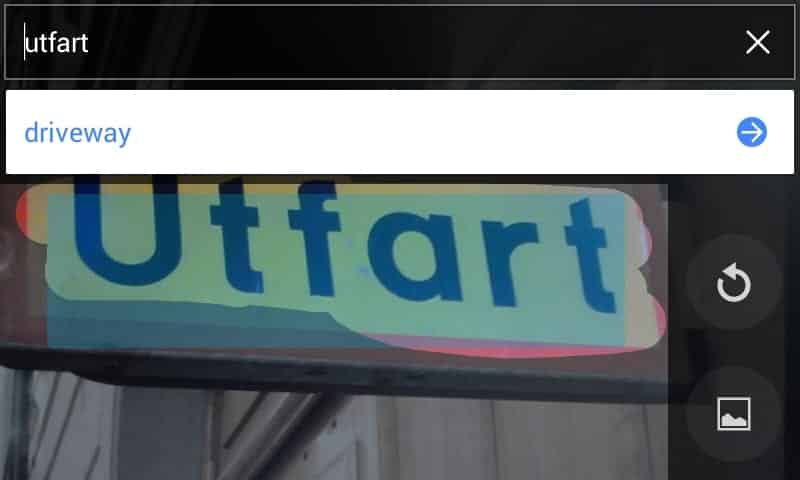BMW, Renault, Ford, and GM have joined Bosch, IBM, Blockchain at Berkeley, Hyperledger, and IOTA in launching the MOBI initiative. MOBI stands for Mobility Open Blockchain Initiative.
For those that aren’t already familiar with them, Hyperledger is a collaborative open source blockchain effort led by the Linux Foundation, which also maintains the Linux kernel. Hyperledger Fabric is their blockchain platform, one of many Hyperledger projects.
IOTA is a foundation which developed and maintains the MIOTA cryptocurrency, which aims to improve the performance and scalability of cryptocurrencies using a distributed ledger technology called Tangle, as opposed to blockchain.
Why would automakers form the MOBI blockchain alliance? Or a better question to start with may be: Why would companies want to collaborate on the launch of a blockchain network?
Historically, corporate collaborations have been motivated by benefits such as sharing technologies and pooling funding for projects that are mutually beneficial. Corporate collaborations (even among competitors) are a very common occurrence.
In the case of blockchain development, the reason behind it could be different. A public blockchain-based network is one in which multiple companies or individuals can access its data on a distributed ledger (often called ‘the blockchain’) and write to it without the ability to simply delete someone else’s data (ledger) entries. Deletion of data on a blockchain alters the hashes of subsequent blocks, making it immutable.
In the case of a private blockchain, which these automakers might (and probably will) use — Ford, GM, BMW, and the other participants may have exclusive access to it so that they can share data with each other in a seamless and time-efficient manner. They won’t have to call each other to send over data, they can just download it from the blockchain immediately.
An example of how that could be utilized (just a little idea that popped into my head a minute ago) is a blockchain network shared by trusted auto repair centers, vehicle manufacturers, and automobile dealers that want to be held accountable and put their money where their mouth is. Let’s call this hypothetical example the Auto Ledger for now.
The auto ledger could be written to or read by any of the repair centers, dealers, manufacturers, and insurance companies to write VINs, serial numbers, and an entry for each accident, repair, inspection, sale and more so that they can:
- Hold repair centers accountable for their mistakes (misdiagnosing problems and changing the wrong part).
- Insurance companies’ damage assessment results on the blockchain could be available to repair centers if that vehicle comes in. Insurance companies could also see repair entries written by the repair centers.
- Repair centers could spot recalled vehicles as they come in and notify customers, as manufacturers could write vehicle recall information to the Auto Ledger blockchain.
- Warranty information on the blockchain could also be read by repair centers so that they can act accordingly if a vehicle is still under warranty.
- Information regarding botched warranty repairs/repairs that didn’t yield a satisfactory result could be written to it as well. For example: A customer might have to come right back to a dealer shortly after a repair, and a repair center’s pattern of inadequate repairs could easily be revealed using a basic database query.
Such an alliance could be established as a trusted network of companies that consumers will want to go to, as they will hold each other accountable. Companies that don’t join would not receive the same level of trust. This transcends accreditation and Yelp reviews.
One way to implement this is to form an umbrella company/initiative (like MOBI) that develops and maintains the node software, and then each of the repair centers, manufacturers, and other participants would install their own nodes running that software. They would all store a copy of that tamper-resistant blockchain and hold each other accountable.









